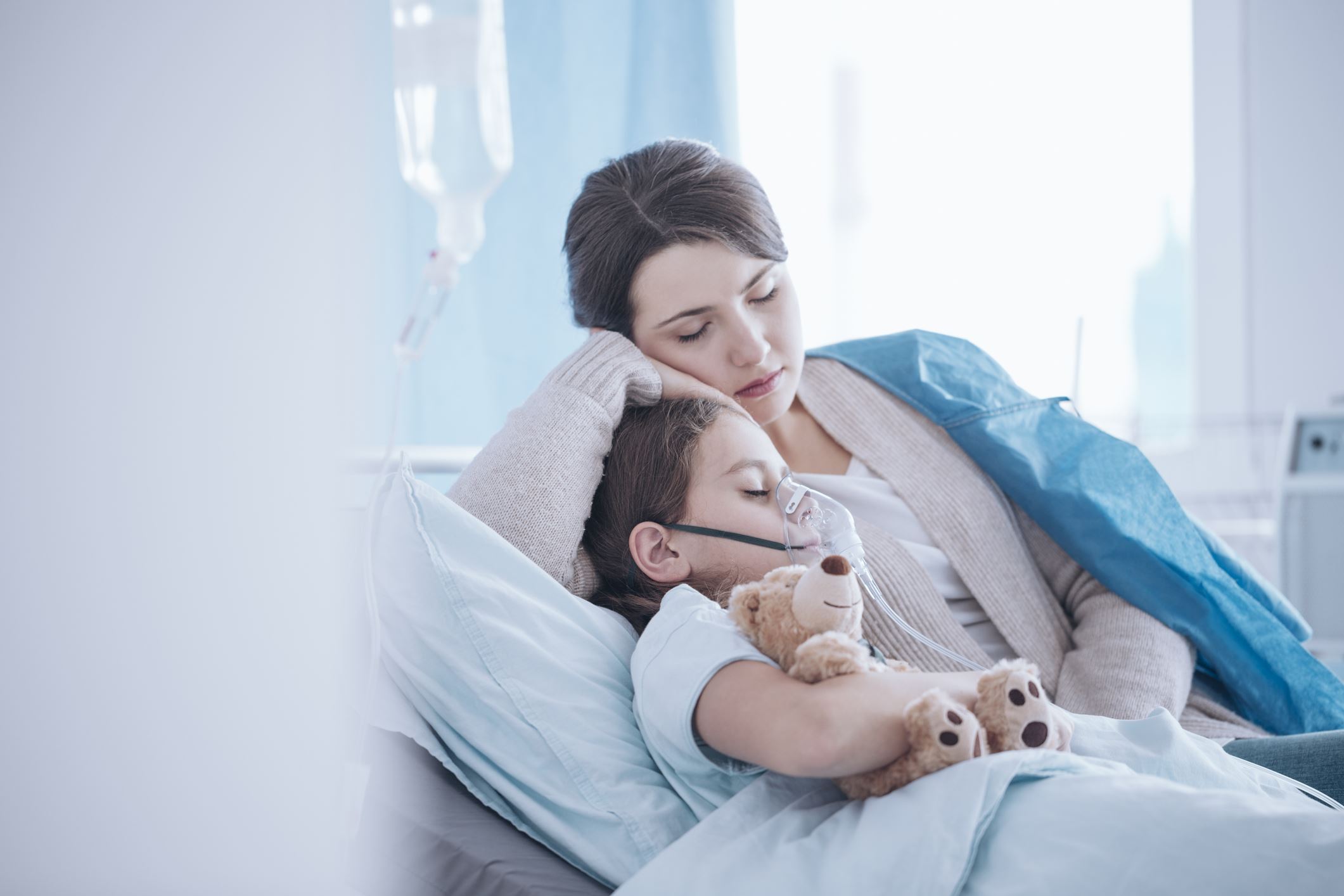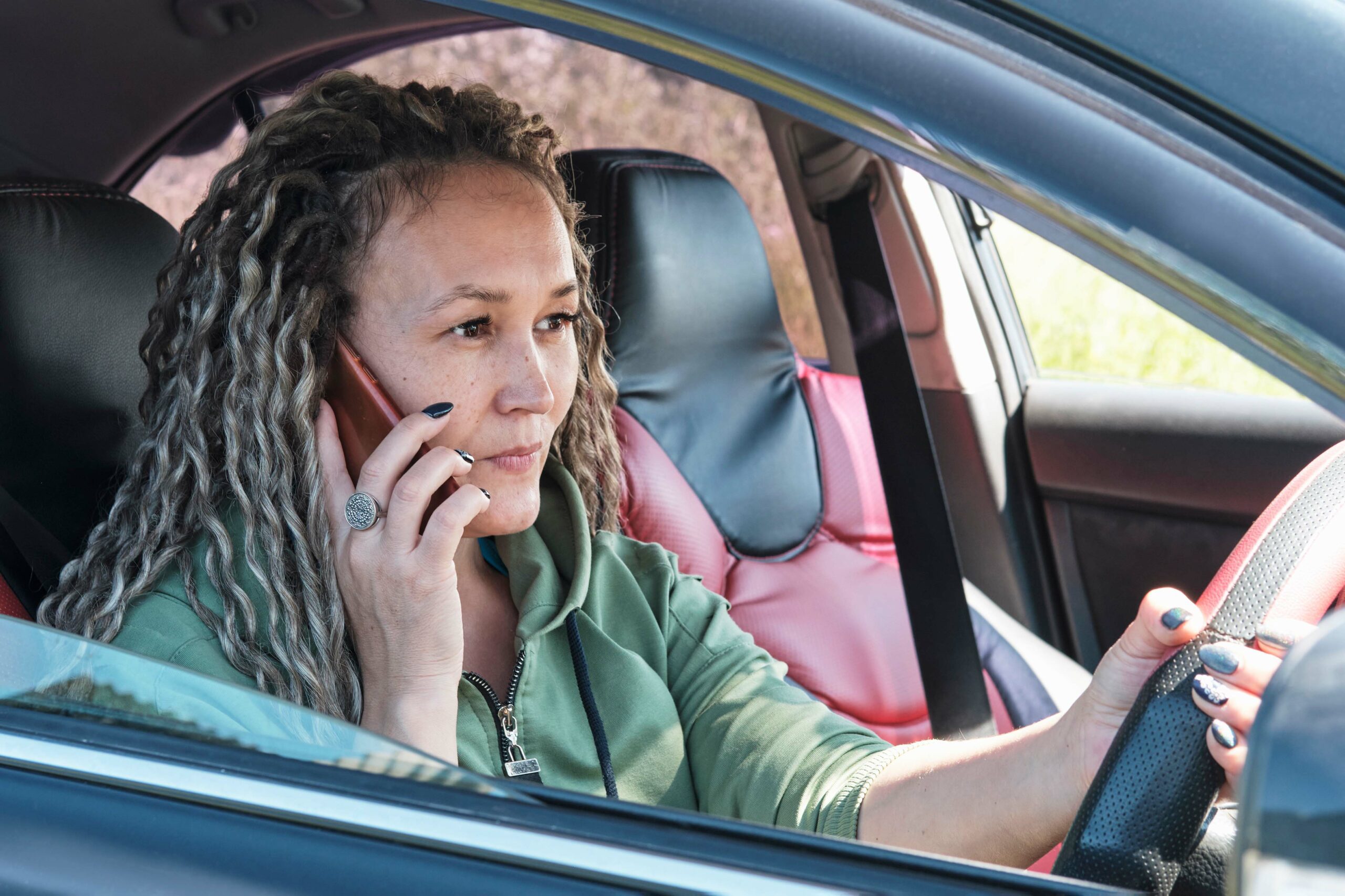According to the Centers for Disease Control and Prevention (CDC), traumatic brain injury (TBI) is a leading cause of death and disability for children across the U.S. Additionally, statistics show that rates of TBI-related visits to the ER are some of the highest among children four years old or younger.
The symptoms and overall effects of TBI are similar to those in children as they are in adults. However, because children are still growing and their brains are still forming, the symptoms, impairments, and future outcomes can be more severe in younger people.
Types of child head and brain injuries
Children get hurt all the time, but some injuries are more severe than others. Additionally, not all injuries are the fault of the child but the result of an adult’s negligence. Some of the most common causes of brain injuries in children include:
- Car accidents
- Bicycle accidents
- Pedestrian accidents
- Slip and falls
- Falls from heights
- Sports-related injuries
- Being hit by an object
- Assault
There are several types of head and brain injuries that a child may sustain when injured in one of the above situations, such as:
- Concussions, a type of mild TBI
- Contusion, when there is bleeding in the brain
- Penetration, when an object breaks through the skull
- Diffuse axonal, when the brain is forcefully shaken or rotated in the skull
Long-term effects of child brain injuries
While certain head injuries or mild TBIs will heal completely and lead to no other negative effects, moderate to severe traumatic brain injuries can lead to long-term deficits that can impact your child’s future quality of life.
- Cognitive Deficits. The child’s thinking, problem-solving, learning, and reasoning skills may be negatively affected.
- Physical Deficits. Children who have sustained TBI may experience deficits with motor control, sight and hearing, or balance and coordination.
- Emotional Deficits. TBIs can halt emotional development, meaning children may cry frequently, suffer from depression and anxiety, or display aggression or violence.
- Social Deficits. It’s often more difficult for children who have sustained TBI to learn and understand social cues, effectively communicate, and form relationships.
As a parent, there’s nothing worse than to see your child hurt or to know that their future may be affected because of one event. If your child sustained a brain injury due to another person’s negligent or reckless actions, Huffman & Huffman is standing by ready to fight for the justice and compensation that your family deserves.
Contact our Newport News child injury attorneys at (757) 599-6050 to speak with our legal team at no cost today!
 Text Us
Text Us  Call Us
Call Us 







